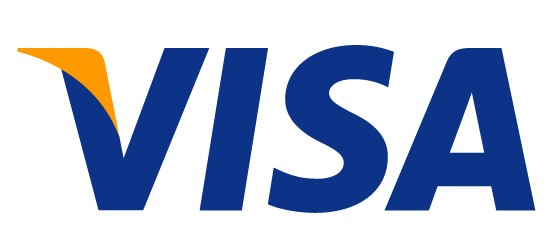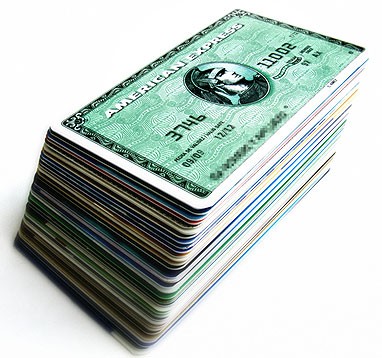You might have experienced the frustration of trying to use your credit or debit card in a different city or country, only to have the charge declined.
Then, comes the phone call from the fraud department, asking whether you are where the attempted charge says you are.
Those days may be coming to an end. According to the Associated Press, Visa will roll out a new feature this spring that will enable its cardholders to automatically inform their banks where they are. It will take place through the location services offered on most smartphones.
Starting in April, banks will update their smartphone apps to include Visa’s new location-tracking software.
If the consumer opts in, the Visa software will figure out a customer’s home territory within about a 50-mile radius. Using a Visa card at stores in that area will be considered low risk for fraud, says AP writer Ken Sweet.
When that person travels outside their home area, the phone will notify Visa that they’ve entered a new city or country. That will happen using either the phone’s cellular data plan, or through an update when the phone connects to a Wi-Fi network.
If that person uses their Visa card for a transaction in that location, Visa will already know he or she is there, and will be less likely to flag the card for a fraud alert.
The feature is optional and can be deactivated at any time, and Visa says it won’t use information for marketing purposes.
There are still a few things the system can’t do, and a big one concerns stolen credit cards. If the cards are fraudulently used, Visa wouldn’t necessarily know they were stolen, unless it hears from the cardholder.
The AP says Visa is just one of dozens of financial companies trying to figure out the best way to use new technologies to combat fraud.
On Friday, Mastercard it is rolling out a pilot program later this year that will integrate biometric data, such as face, voice or fingerprints, into its payment system to help authenticate transactions.











